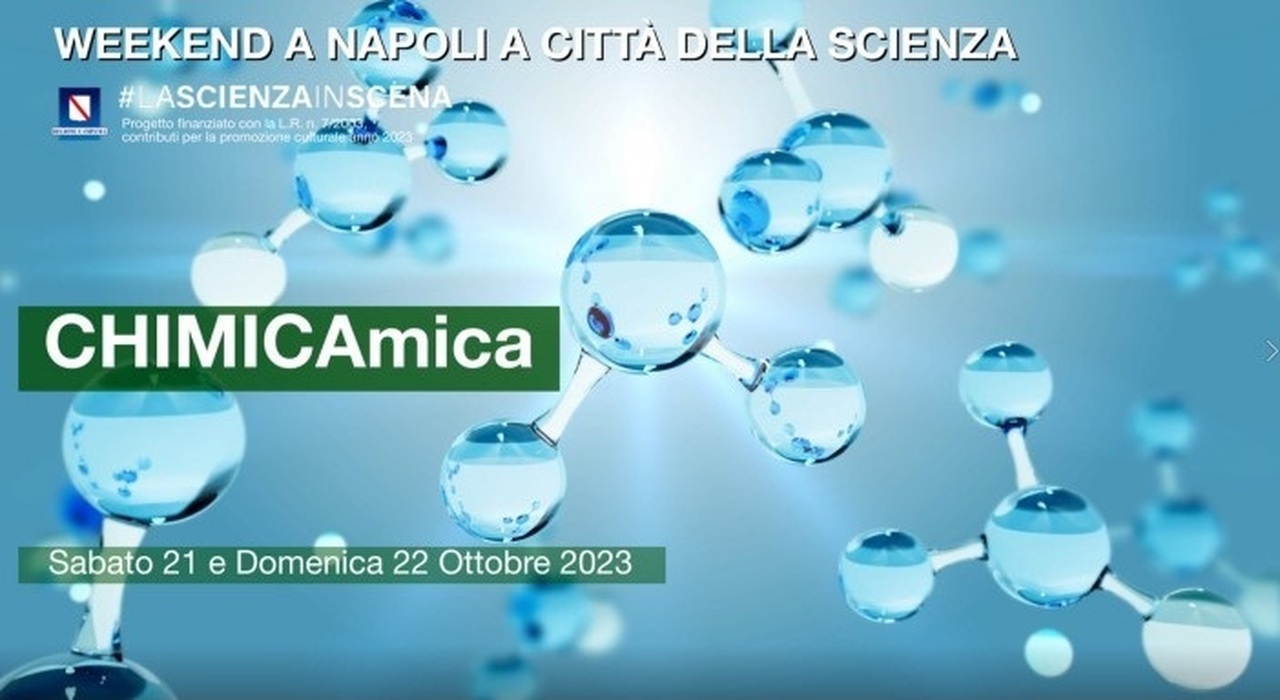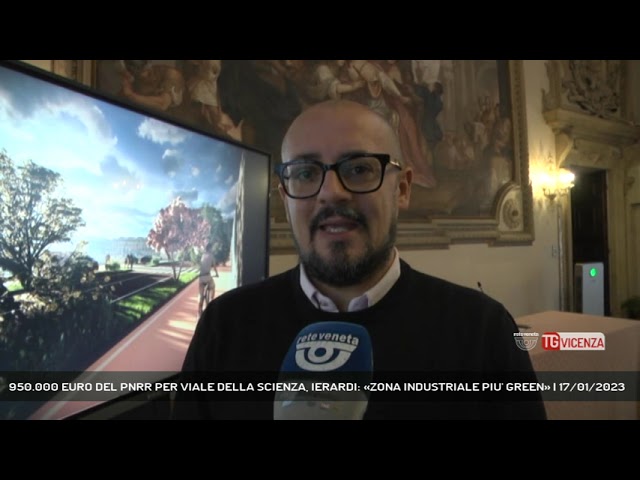Assisted suicide and euthanasia, surrogate motherhood, a variety of assisted fertilization techniques, genetic manipulation and embryonic selection, gender theories, transhumanism and transhumanism, artificial intelligence: the range of topics that can be described today, always boiling, is wide – and other tomorrows will follow – The so-called “biopolitics”. which has now earned the title of being an unavoidable cornerstone of public discourse and political confrontation, in a very private way.
There is one point that must be made clear right away: on this chessboard, betting is none other than our freedom. It is not supported by Catholics, or more or less fundamentalists, who fear – as some believe – the “brilliant and progressive” fate of science, but secular scientists in all respects, such as Hans Jonas or “post-metaphysical” philosophers and openly atheists, at least from the point of view methodology, like Jurgen Habermas. It is a constellation of subjects, none of which can be separated from the others and confined to an ad hoc consideration that allows a technical treatment, separate from the reference that refers them all to a common concern for the human value they bring. . Topics, that is, those that cannot be bumped in order to avoid, as has been repeatedly pointed out, the annoyance of having to turn away from everyday topics, real and important to everyone’s life, to address questions with which, save for the obligatory tribute to the “politically correct”, many suffer from arguments of goat’s wool.
A certain radical left, oblivious to its popular calling, would do well to convince itself that, since liberty is in question, the reasons for a democratic system, at least in terms of perspective, are in question here. Nor should he concede to the truth the burden and honor of participating in the subjects and arguments encountered without the orientation of a full respect for life, let us say even without a living sense of sacredness, albeit secular, which renders it intangible. , gradually generating discontent, a blurring that endangers the reasons for a living democratic civil coexistence.
Genetics, neurosciences, bioengineering, and computer science beset us, excite us, and force us to question ourselves, exposing the fragility of every ideological thought, the illusion of containing and narrowing the future into a few rigid thought patterns once and for all.
To the extent that science penetrates even the most intimate structures of its biological scaffolding, man comes, for the first time in his history, to be, at the same time, the common object and object of his willingness to know and manipulate, beyond the objects of the world, even himself and his intellectual faculties.
The intention of his gaze, instead of moving towards the object, turns around itself and enters into a circle of resonance, a game of mirrors and references that is difficult or even impossible to interrupt.
It is as if science – as Galileo taught us: observation, experiment and measurement – had reached the “Pillars of Hercules”, after which – see, not surprisingly, the “impossible” subject of consciousness – could no longer move forward on its own. In other words, nature and culture intertwine for a good extension of their respective domains, in a frantic and boundless dance, and in a certain way lose sight of the boundaries which, however codified historically, we have hitherto appreciated in a fairly obvious way.
As if he had returned to the Garden of Eden, man feels a return to himself completely, to that freedom which constitutes the final ‘character’ of his essence, between his arrogance and the realization of a limit to be observed, with the temptation of that to lay his hand on this last also, so as not to realize that ‘no more That warns, furthermore.
Dominic Galpatti

“Infuriatingly humble social media buff. Twitter advocate. Writer. Internet nerd.”



